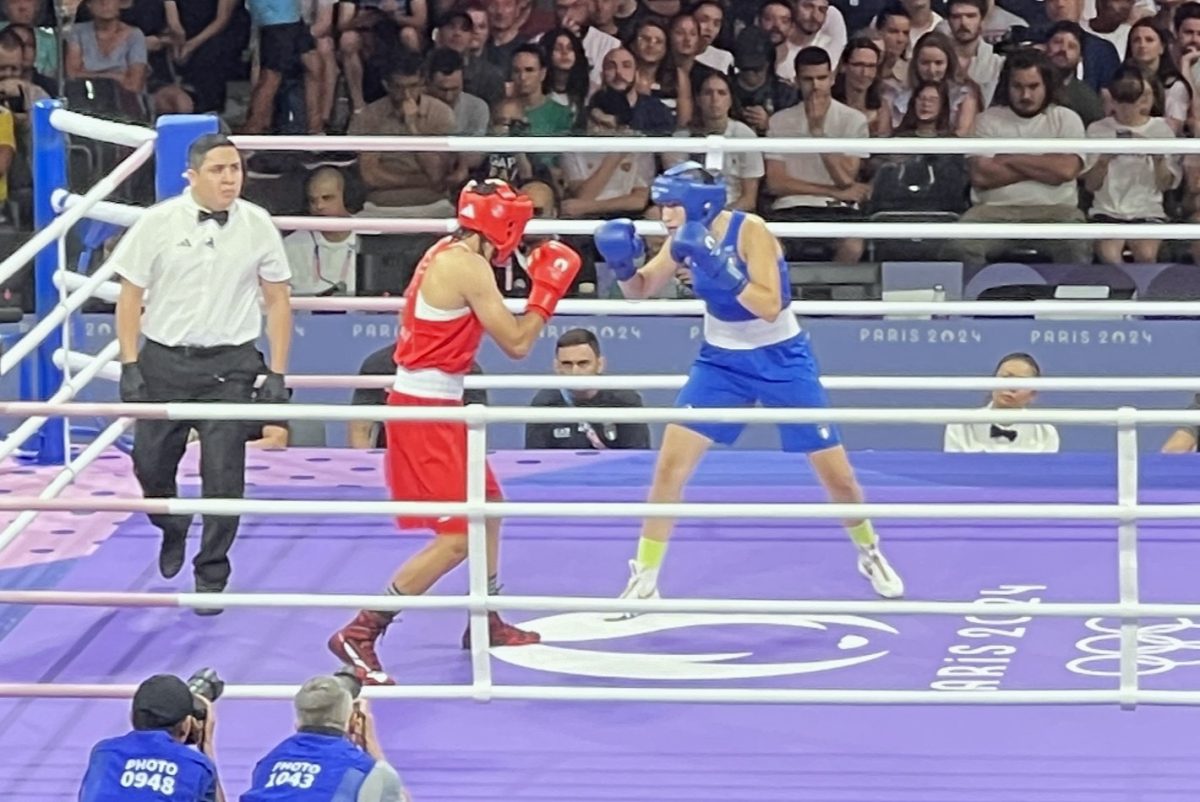Another day, another copyright infringement lawsuit. At the very least, that appears to be the reality that English singer-songwriter Dua Lipa currently seems to be facing. The musician is currently facing two suits over her smash hit, “Levitating,” and while I am definitely not a lawyer, I’ve been paying attention to lawsuits like these for the last seven years or so, ever since the dispute between Marvin Gaye’s estate and Robin Thicke over the song “Blurred Lines.” A lot of these cases share a common theme: they’re nonsense.
The first suit against Lipa, filed on March 1, 2022, revolves around a 2017 song by reggae group Artikal Sound System entitled “Live Your Life.” The five page complaint by members of Artikal Sound System alleges that Lipa’s song is “substantially similar,” which is a requirement to make a copyright infringement claim, to “Live Your Life,” and seeks both damages and court costs.
The particular part of the song in question is the chorus of “Levitating,” where both that song and “Live Your Life” feature a rhythm called the Charleston and are in the same key, B minor. Professional musician and YouTuber Adam Neely goes into plenty of detail on his opinion of both songs in a video he published days after the lawsuit was filed, and one of the takeaways of that video is that while both songs are absolutely similar, this is due to the fact that they likely both draw from prior art, Outkast’s 1988 song, “Rosa Parks.”
The second lawsuit, however, is a bit more interesting. This suit pertains to the songs “Wiggle & A Giggle All Night” and “Don Diablo,” both owned by songwriters L. Russell Brown and Sandy Linzer and both featuring a vocal melody that is alleged to be copied by the verses of “Levitating.” Listening to all three pieces, the part of the songs in question amounts to a measure of sixteenth notes in a descending pattern followed by another measure that is different in each song.
That is to say, like with “Live Your Life,” the songs are very similar – to the average person – when put in isolation; however, when you consider both the context of the entire song beyond the short parts that Lipa is alleged to have copied as well as the centuries of musical tradition that precede all of these songs, it becomes clear pretty quickly that two measures of sixteenth notes that sound kind of similar does not make for a compelling copyright infringement argument, at least within the court of public opinion.
The fact that any musician believes that they can have a monopoly on what amounts to sixteenth notes in a descending line runs entirely afoul to the intention of copyright law. Specifically, in the Constitution, the government has the power “to promote the progress of science and useful arts, by securing for limited times to authors and inventors the exclusive right to their respective writings and discoveries.” The idea that laying claim to a basic building block of music promotes the progress of useful arts isn’t just laughable, it’s pretentious and shameful.
To be clear: plagiarism is wrong, full stop. The thing is, neither of these lawsuits demonstrate plagiarism. There have been countless lawsuits demonstrating the shared nature of music and how artists and songs will inevitably inspire artists and songs, and the ability to take musical building blocks like rhythms and chord progressions and remix and reshape them is what enables the musical tradition to continue to entertain listeners the world over. Here’s hoping that the court agrees, and that these cases can help deter future frivolous copyright cases in the same vein.































Anne • Jan 5, 2024 at 4:21 pm
great